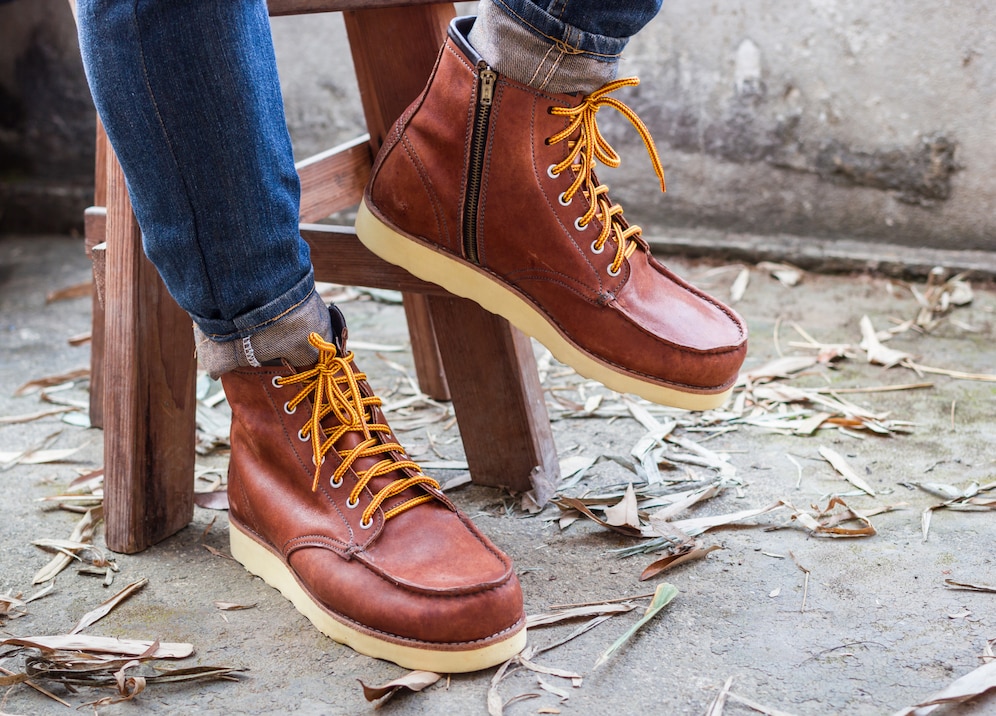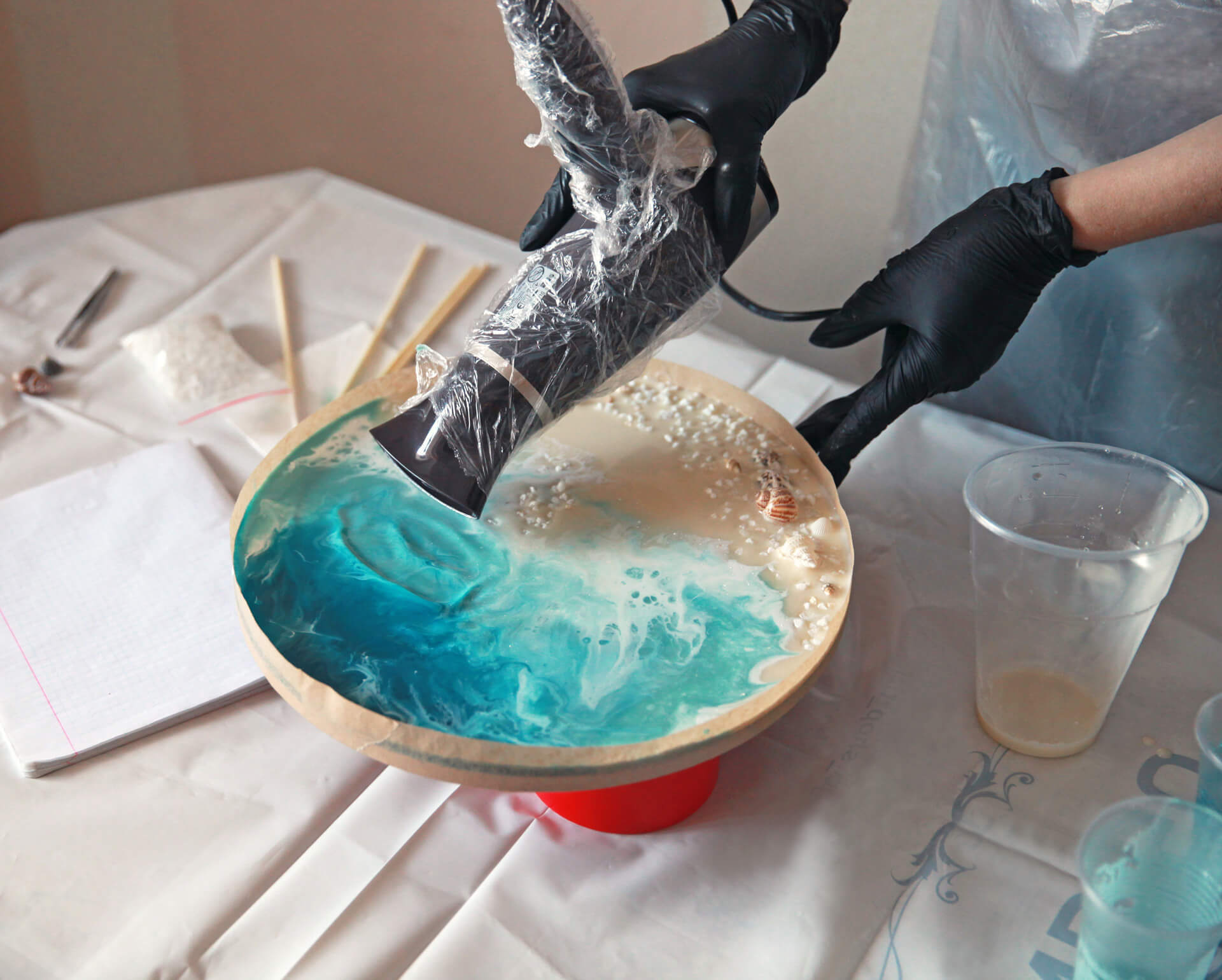Shoes are not just a necessity; they are a reflection of culture, fashion, and personal style. In Pakistan, the shoe market is diverse, vibrant, and ever-evolving. From traditional handcrafted footwear to modern, high-tech sneakers, the range of shoes available in Pakistan caters to a wide array of preferences and needs. As a country rich in cultural heritage and craftsmanship, Pakistan offers a unique blend of traditional and contemporary shoe designs that appeal to both local and international markets.
Traditional Footwear: A Heritage of Craftsmanship
The Peshawari chappal is one of the most iconic forms of traditional Shoes in Pakistan. Originating from the Khyber Pakhtunkhwa region, these sandals are known for their durability and unique design. Made from high-quality leather, Peshawari chappals feature a cross-strap design and a robust sole, making them ideal for both casual and semi-formal wear. They are a staple during festive occasions such as Eid and weddings, symbolizing the rich cultural heritage of Pakistan.
Another traditional footwear that stands out is the Khussa. These are intricately designed, handcrafted shoes typically made from fine leather or fabric, and adorned with embroidery, beads, and sequins. Khussas are especially popular in Punjab and Sindh and are often worn with traditional attire such as shalwar kameez and lehengas. Their vibrant designs and comfortable fit make them a favorite among people of all ages, particularly women.
Modern Footwear: Blending Style with Comfort
As Pakistan continues to modernize, the demand for contemporary footwear has grown significantly. Urban centers like Karachi, Lahore, and Islamabad are hubs for modern fashion, including the latest trends in shoes. Sneakers, loafers, and high heels are widely available in these cities, catering to the fashion-conscious youth and professionals.
International brands such as Nike, Adidas, and Bata have a strong presence in Pakistan, offering a variety of styles that appeal to different segments of the market. These brands are popular for their quality and durability, and they cater to various activities, from sports to casual outings. The growing middle class in Pakistan has increased purchasing power, leading to a higher demand for branded footwear.
The Role of E-commerce
The rise of e-commerce in Pakistan has revolutionized the shoe industry. Online shopping platforms like Daraz, Exporthub, and Homeshopping.pk provide a vast array of options for consumers, allowing them to purchase shoes from the comfort of their homes. This shift has been accelerated by the increasing use of smartphones and the internet, particularly among younger generations.
Exporthub, in particular, has emerged as a significant player in the online shoe market. By connecting local manufacturers with international buyers, Exporthub facilitates the export of Pakistani shoes, promoting the country’s craftsmanship on a global scale. This platform not only helps local artisans and businesses expand their reach but also boosts Pakistan’s economy by increasing exports.
Challenges and Opportunities
Despite the growth and potential of the shoe market in Pakistan, several challenges persist. One of the primary issues is the availability of raw materials. Although Pakistan has a robust leather industry, fluctuations in the availability and cost of quality leather can impact production. Additionally, the local manufacturing sector often faces challenges related to outdated machinery and techniques, which can affect the quality and competitiveness of Pakistani shoes in the international market.
However, these challenges also present opportunities for growth and innovation. Investments in modernizing manufacturing processes and adopting new technologies can significantly enhance the quality of Pakistani footwear. Moreover, training programs aimed at improving the skills of local artisans can help preserve traditional craftsmanship while incorporating contemporary designs and techniques.
Sustainability and Ethical Practices
In recent years, there has been a growing awareness of sustainability and ethical practices in the fashion industry, including footwear. Pakistani manufacturers are increasingly adopting eco-friendly practices, such as using sustainable materials and minimizing waste. This shift is not only beneficial for the environment but also enhances the reputation of Shoes in Pakistan in the global market.
Ethical labor practices are another important aspect. Ensuring fair wages and safe working conditions for workers in the shoe industry is crucial for the sector’s long-term growth. Consumers, both locally and internationally, are becoming more conscious of the ethical implications of their purchases, and companies that prioritize these values are likely to gain a competitive edge.
Customization and Personalization
One of the emerging trends in the Pakistani shoe market is the demand for customization and personalization. Consumers are increasingly looking for unique, bespoke designs that reflect their personal style. This trend is particularly strong in urban areas, where fashion-forward individuals seek footwear that stands out.
Local artisans and designers are tapping into this trend by offering custom-made shoes that cater to specific preferences. Whether it’s a pair of hand-embroidered Khussas or customized sneakers with unique color combinations, the ability to personalize footwear is becoming a significant selling point. This trend not only caters to individual tastes but also supports local craftsmanship and innovation.
Conclusion
Shoes in Pakistan is a dynamic and multifaceted industry that bridges traditional craftsmanship with modern fashion trends. From the iconic Peshawari chappal and intricately designed Khussa to contemporary sneakers and high heels, the diversity of footwear available in Pakistan is a testament to the country’s rich cultural heritage and evolving fashion landscape.
As e-commerce platforms like Exporthub continue to grow, they play a crucial role in promoting Pakistani shoes on a global scale, providing opportunities for local manufacturers and artisans to expand their reach. While challenges such as raw material availability and outdated manufacturing processes persist, they also present opportunities for innovation and growth.
Sustainability, ethical practices, and the rising demand for customization are shaping the future of the shoe industry in Pakistan. By embracing these trends and addressing existing challenges, Shoes in Pakistan is poised for continued growth and success, both locally and internationally. Whether you are looking for traditional elegance or modern style, Pakistani shoes offer a unique blend of quality, craftsmanship, and fashion.



